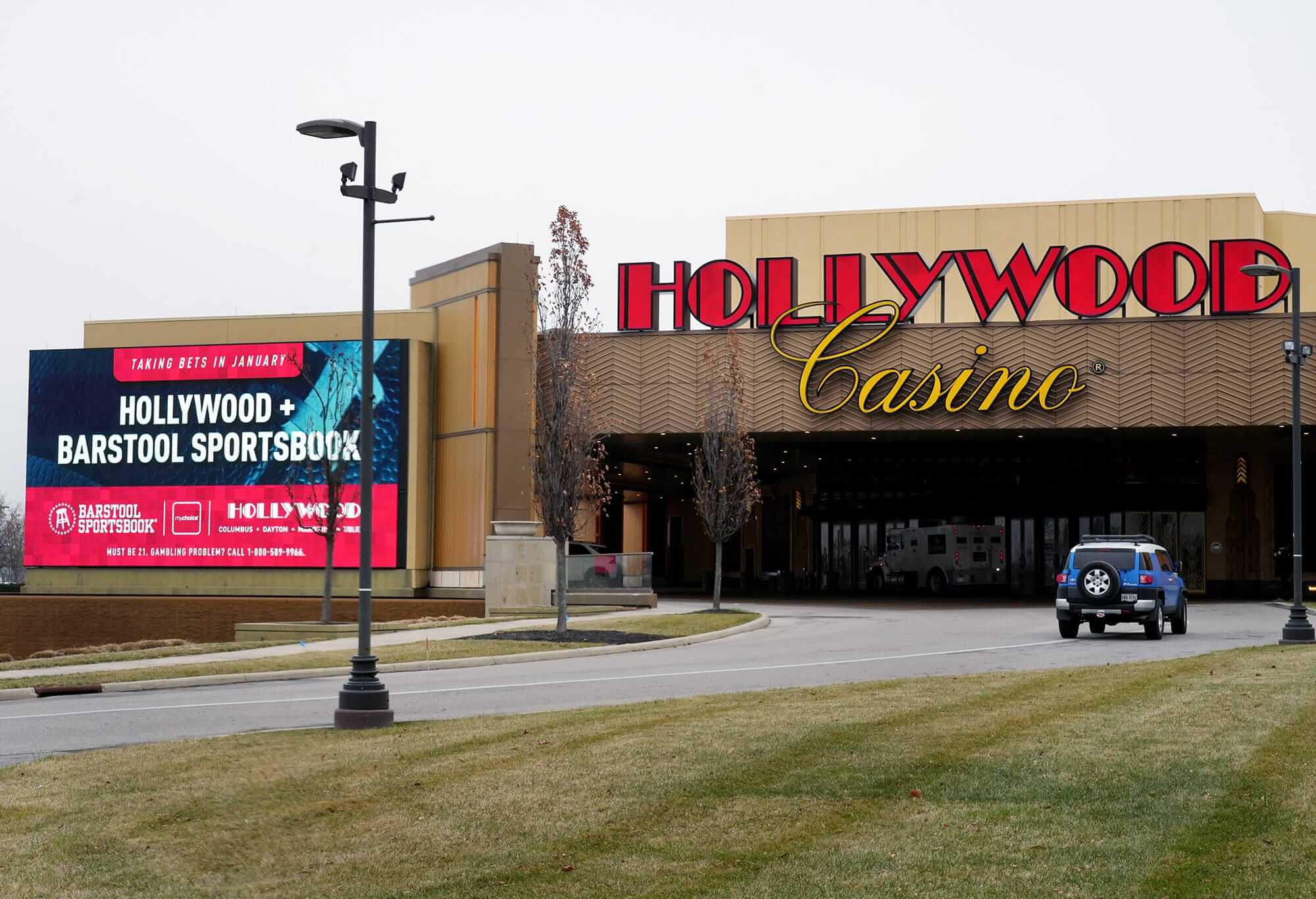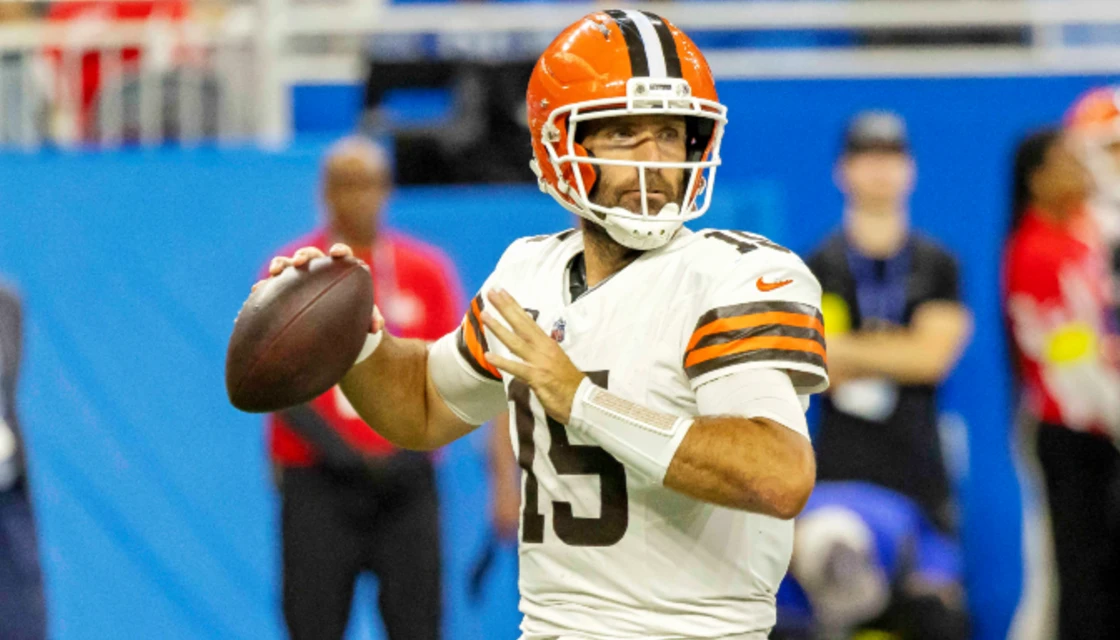Ohio House lawmakers voted overwhelmingly Wednesday to reject the multitude of changes made by senators to the state budget, including one that would double the tax on Ohio sports betting revenue to 20%.
The 71-23 tally to not concur means leaders from both chambers must create a conference committee to create a compromise bill that can pass both chambers.
Among those calling for the no vote was House Finance Committee Chairman Jay Edwards, who sponsored the budget bill passed in the House two months ago. On Wednesday, Edwards told colleagues on the House floor that the Senate nearly doubled the size of the bill, adding more than 4,000 pages to make the proposal 9,000 pages long.
The Senate passed its state budget plan last week.
“It’s not surprising that we found some notable differences,” Edwards said. “In fact, there are 883 points of differences, I think the most in our memorable history. It is incumbent upon us to make sure we have these conversations and to fight for the priorities of the members of this body and the issues that we stood for.”
One of the 883 changes made by the Senate was a measure to increase the 10% tax on sports betting revenue to 20%. It was a move first mentioned by Ohio Gov. Mike DeWine earlier this year, although it did not seem to generate much buzz in Columbus at the time.
A Legislative Budget Office analysis of the spending plans offered by DeWine, the House and the Senate indicates a 20% sports betting tax could generate up to $135 million in additional revenue each year.
Other Sports Betting Differences
The House and Senate also have other changes to the state’s sports betting law embedded in their budget proposals that will need to be resolved by the conference committee.
In the House’s version, lawmakers there included language to allow Ohio’s three most populous counties to host up to seven brick-and-mortar sportsbooks, up from the five the current law allows. The sports betting bill passed in late 2021 allows for up to 40 retail outlets, which can be located in counties with a population of at least 100,000.
The Senate did not include that in its bill.
Senators also included a measure requiring the Ohio Casino Control Commission to work with a state university and develop an annual report on problem sports wagering issues. That report would be paid for by the state’s licensed proprietors and operators.
House members want to expand the existing Joint Committee on Sports Gaming and repurpose it to study the future of gaming in the state. That body would review the state lottery, Ohio casinos and horse racing, along with sports betting and advise lawmakers on what changes need to be made to support those establishments.
Not only did the Senate not include the expansion in its budget bill, but members there also want to do away with the joint panel.
Some Common Ground on Gaming Exists
Despite all the differences, the House and Senate did see eye-to-eye on some sports betting matters.
Both budget proposals include language allowing microbreweries, breweries, wineries and distilleries to host Ohio sports betting kiosks.
DeWine also wanted lawmakers to include a provision to ban operators from offering promotional credits if they broke state gaming rules regarding such bonuses. Neither chamber, though, included it in their versions.
According to Ohio statutes, a two-year budget must be signed by June 30, the last day of the current fiscal year. However, lawmakers can also agree to pass a continuing budget to keep state offices open while negotiations continue.
Stay close to BetOhio.com for any major news on sports betting and the best Ohio sportsbook promos.







